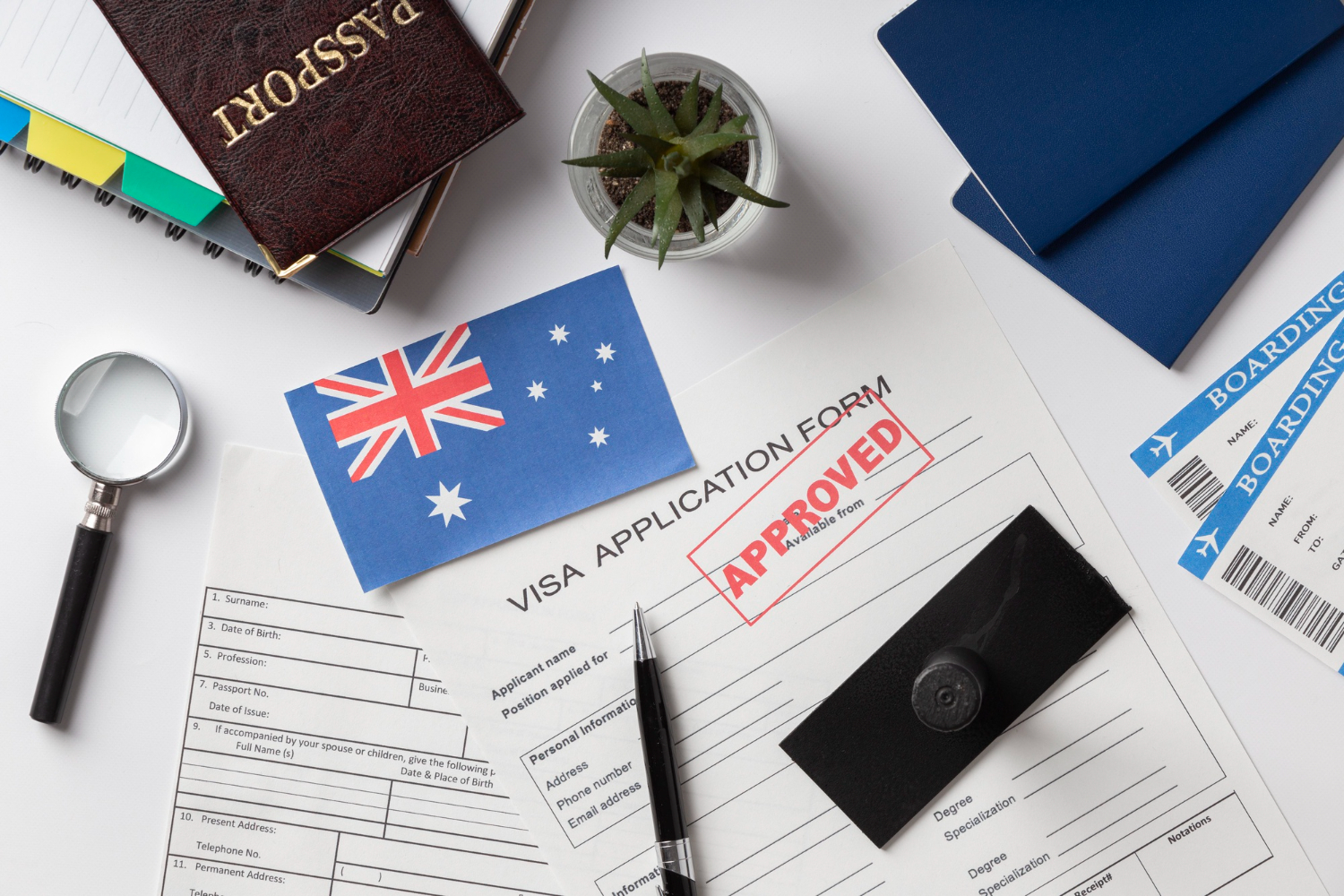In a recent turn of events, Australia has announced significant changes to its post-study work rights policy for international students, marking the end of extended durations for staying in the country based on completed courses. Previously, the Australian government had generously extended the post-study work visa durations for undergraduates, master’s, and PhD students in selected programs, allowing them to stay for up to 4-6 years depending on their level of study. This policy was aimed at strengthening the pipeline to skilled work in areas of verified skill shortage by providing an additional two years on the Temporary Graduate visa.
However, starting from the middle of 2024, these extended durations will revert to the original 2-3 years. This decision was announced by Australia’s Department of Education and is a part of a broader migration strategy intended to improve the integrity and quality of international education within the country. The strategy includes several other measures such as introducing a “Genuine Student Test,” strictly regulating the number of student visa applications, raising English language test score requirements, reducing the list of approved courses, and applying restrictions on course swapping.
The new rules also entail a raised English language requirement for the Temporary Graduate visa and a lowered age limit for applicants from 50 to 35 years. Furthermore, there will no longer be opportunities for the extension of post-study work rights, except for those who have completed their education in regional areas.
This policy revision reflects the Australian government’s efforts to ensure that foreign graduates contribute to filling the skill shortage in the country and that the visa system is used primarily for study purposes rather than as a pathway to long-term residency. The changes come in the wake of Australia’s decision to reduce its migrant intake by half within the next two years, following a peak in net immigration.
Additionally, the Department of Home Affairs announced measures to rank universities based on the risk level associated with previous students who violated visa regulations. This categorization into three groups will affect the visa application process for international students, with those applying to higher-risk groups facing more stringent requirements.
As of last October, Australia hosted about 768,000 international students, with the largest groups from China, India, and Nepal. These changes are expected to significantly impact the international student community in Australia, altering the landscape of post-study opportunities and potentially influencing future decisions on studying in Australia. Visa consultants, such as Indeedvisa, can provide invaluable guidance and support during these uncertain times, helping students navigate the evolving visa regulations and maximize their opportunities in Australia.




